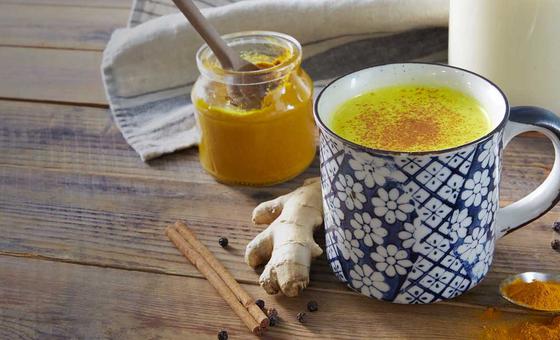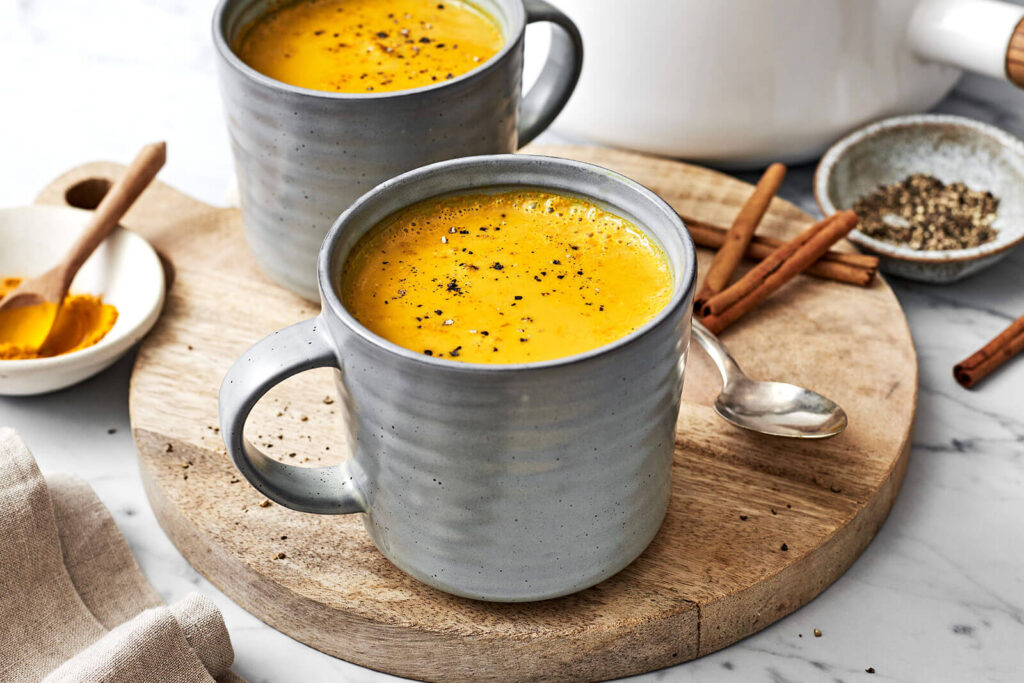From Doodh to Dollars: Why India Is Buying Back Its Own Traditions at 25x the Price

From Doodh to Dollars: Why India Is Buying Back Its Own Traditions at 25x the Price
It begins with something as simple and comforting as a warm glass of haldi doodh—milk gently simmered with turmeric, black pepper, and a hint of ghee. For generations across Indian households, this golden concoction has been an age-old remedy for colds, aches, and sniffles. A nuskha passed down by grandmothers, often served with a side of love and lore. Fast forward to today, and that same turmeric-infused milk is being poured into sleek paper cups at global chains like Starbucks, renamed as “golden milk,” priced at a staggering ₹500—a 25x markup on what still costs ₹20 at home.
This sharp contrast is exactly what Aarti Sheth Cooper, co-founder of a Mumbai-based branding firm, is calling out in a viral LinkedIn post that’s stirring deep conversation around cultural ownership and forgotten heritage. She’s raising a red flag about the global wellness industry’s growing habit of appropriating Indian health traditions, only to repackage and sell them back—often to Indians themselves—as luxury lifestyle products.
“What your dadi called a nuskha… is now sitting on a luxury wellness shelf for ₹1,200,” Cooper wrote, citing examples like turmeric milk, amla juice, and ashwagandha. She calls this phenomenon a “colonial rebranding,” where indigenous knowledge is validated only after it’s exported and repurposed through a Western lens.
Cooper elaborated on how simple Indian remedies are being exported as raw materials and then returning to Indian markets with high-end packaging and foreign tags. “Haldi doodh, that we’ve sipped for generations whenever we felt under the weather, is now called golden milk at Starbucks,” she said. “So, ₹20 a cup becomes ₹500 in a cafe.”
The transformation isn’t limited to turmeric milk. Take amla juice, once a staple in Indian kitchens for its immunity-boosting powers—today, it sits on shelves at places like Erewhon, sold as a chic “antioxidant super shot” for nearly ₹800, up from its modest ₹40 origins. Ashwagandha, once a go-to tonic recommended by Indian grandparents, has now made its way into Western health routines as stress-relief gummies on platforms like goop, carrying a ₹1,200 price tag.
Even staples like neem paste, shatavari, and makhana haven’t been spared this makeover. Cooper points out that these were once dismissed or mocked as old-fashioned or unscientific in India—but are now enthusiastically embraced abroad under glossy wellness branding.

“For decades, we’ve mocked the nuskhas,” she reflected. “Now we clap when they come back foreign-branded.”
Her message hits at the heart of a growing identity crisis: when we wait for external validation to believe in the value of our own culture, we risk losing both agency and authenticity. “If we don’t, someone else will… and then our identity won’t feel like ours anymore,” she warned.
A flood of responses echoed her thoughts, with one user summing it up: “If we keep waiting for the West to validate it, we’ll keep buying back our legacy at a markup.”
What Cooper is calling for isn’t just nostalgia—it’s a shift in mindset. A move away from cultural amnesia, toward pride and ownership. A decision to no longer mock what once nourished us just because it wasn’t packaged in Western approval.
“It’s time we stop waiting for approval and start shaping our own legacy,” she urged.
Because at its core, this isn’t only about haldi doodh. It’s about reclaiming the stories, wisdom, and wealth we already possess—before it all gets sold back to us with a barcode and a foreign label.












